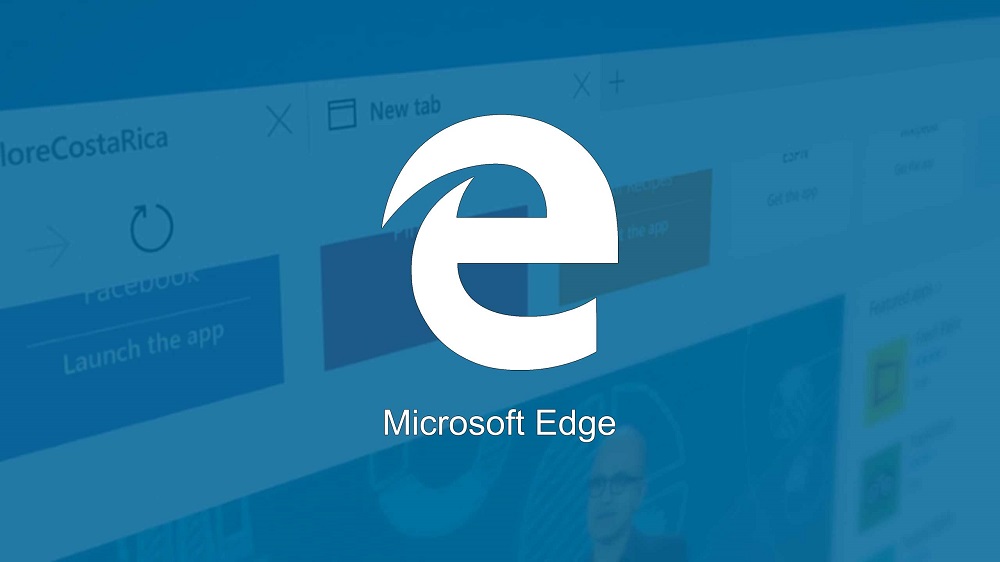 Vinton G. Cerf, a leading computer scientist and is also known as the “Father of the Internet”, in the New York Times op-ed has revealed different opinion contrary to current perspective. While a number of countries began to introduce the concept of the Internet as a human right, Cerf firmly stated that the Internet isn’t human right. According to him, the Internet as the technology is the enabler of human rights, but not the right themselves. Human rights are including freedom of speech and the Internet allows anyone to easily express their opinions, except if you live in repressive country like North Korea.
Vinton G. Cerf, a leading computer scientist and is also known as the “Father of the Internet”, in the New York Times op-ed has revealed different opinion contrary to current perspective. While a number of countries began to introduce the concept of the Internet as a human right, Cerf firmly stated that the Internet isn’t human right. According to him, the Internet as the technology is the enabler of human rights, but not the right themselves. Human rights are including freedom of speech and the Internet allows anyone to easily express their opinions, except if you live in repressive country like North Korea.
Cerf also compared this situation to a time where someone who doesn’t have a horse and they would have difficulty earning a living. The right here is to make a living, not the ownership of horses. If the current horse owning rights granted to all people, of course it isn’t beneficial for everyone, even it will cause inconvenience.
Personally I agree with Cerf’s opinion. If the Internet becomes a human right, then later a new technology will come to replace the Internet as an intermediary technology, so it means we “throw away” the right? Surely it’s not. The human right is a goal to be achieved by the Internet availability. This is the right to express an opinion and the right to obtain information. Cerf, who is an engineer, knew exactly which the objectives are and which is the mean Internet surely isn’t a final goal.
As a technology, the Internet must be freed from various problems and threats. If the interruption occurs, the role of the Internet as the enabler would be disrupted. It is the responsibility of engineers to ensure all issues relating to the Internet as a technology which are able to overcome. The problem occurs when Internet restrictions in a country is becoming the restriction for fulfilling these rights. Just imagine what has happened when the Internet becoming forbidden in North Korea. The society became estranged and only knows the government propaganda things. This is something misleading and it doesn’t support the fulfilment of human rights for obtaining information truthfully.
The position of the Internet is essential to ensure the fulfilment of rights, but the position of Internet as intermediary isn’t as high as the rights to be achieved. In some African countries and Middle East where there is “coup d’état”, Internet have been used to gain votes and power. Of course it will arise the pros and cons for Cerf’s opinion. It’s natural considering the unclear definition of the rights associated with the Internet and how big the government’s role for regulating their usage. At least, we agree that the Internet today is an important part of our live and it makes easier to achieve various goals and basic rights fulfilment for a better life.










